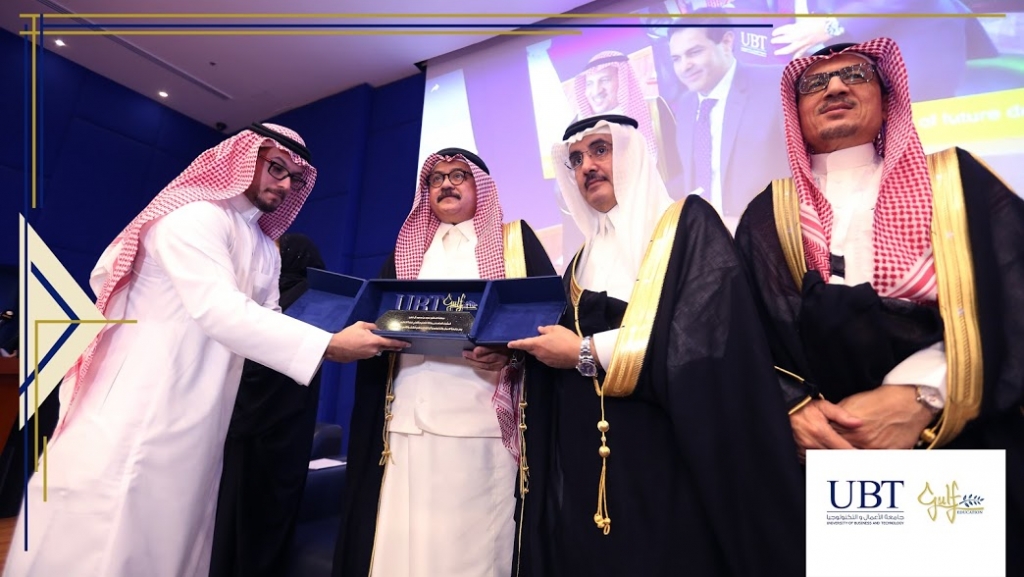
Two-Day Gulf Education Conclave Concludes In Jeddah
The two-day conference, Education For Work, organised by the Gulf Conferences Ltd—a London-based education networking company and hosted by the University of Business and Technology (UBT) Jeddah for the second successive year, concluded here today.
The conference which began on February 20 witnessed the participation of over 200 senior education figures, including representatives from many reputed universities from abroad as well as diplomats and advisers.
Participants, speakers and panel discussions in the conference highlighted the need to keep pace with the region’s accelerating social and economic changes confronting the nations in the Gulf Cooperation Council (GCC) particularly the Kingdom of Saudi Arabia.
The event took place under the patronage of the Saudi Minister of Education Ahmed Al-Issa, Deputy of Private Education Saad Al-Fuhaidi and UBT Chairman Abdullah Dahlan.
“It’s very important that universities kept pace with development plans and visions in our countries,” Al-Fuhaidi said while citing Kingdom’s own example of Vision 2030. “Universities must adapt their plans and programs in accordance with the targets laid down in the Vision 2030 wherein the percentage of the women workforce is targeted at 30 percent besides an increase in the local content in oil and gas to 75 percent and reducing the unemployment rate to 7 percent.”
These goals, he said, would only be achieved only by finding human resources with applied scientific efficiency.
“Quick changes in technology and scientific progress has transformed the world highly rapidly,” the minister said. “There is a stark difference between how older generations looked at the world.”
Future generations, Al-Fuhaidi said, are quite different in terms of reliance on technology, methods of learning and adapting to the rate of change.
Afnan Al-Shuaiby, Arab British Council Chamber of Commerce secretary-general and chief executive, said higher education’s role was fundamental in achieving changes as part of Vision 2030.
Stressing on the need to give more attention to women education, Al-Shuaiby said the subject of women education is highly sensitive and requires efforts to further bolster it.
“Women’s education is a subject about which I am passionately committed,” he said. “By virtue of access to higher education and training, women can fully exercise their abilities and succeed in large corporations and smaller enterprises — and contribute effectively to the country’s national prosperity.”
David Lock, Gulf Education director, said that evidence of a long-term vision with earnest event was visibly conspicuous in the GCC countries including Saudi Arabia. “I understand there is a lack of sufficient progress though there has been some serious and straight talk about what should now be done in higher education in the region especially Saudi Arabia.”
Farooq Shah, Media Communications Officer for Gulf Conferences Ltd, told Saudi Gazette from London that the organisation’s next immediate event would take place in Bahrain in April.
“We’re delighted to announce our latest initiative in the Gulf Education portfolio and are proud to partner with the Royal University for Women in Manama, Bahrain to ensure that this important event is staged at such a pertinent time, he said. “This event will mark the 8th education conference organised by GCL with a focus on the Gulf region.”



























